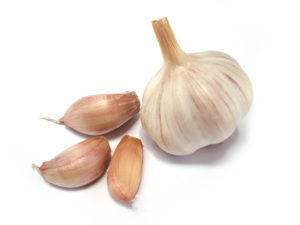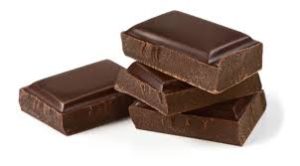 The microbes in your mouth may offer a clue to obesity. New research finds that individuals with obesity have more of certain types of bacteria in their mouth. These bacteria, such as Streptococcus parasanguinis and Actinomyces oris, are proinflammatory - meaning they trigger inflammation in the body.
The microbes in your mouth may offer a clue to obesity. New research finds that individuals with obesity have more of certain types of bacteria in their mouth. These bacteria, such as Streptococcus parasanguinis and Actinomyces oris, are proinflammatory - meaning they trigger inflammation in the body.
The community of microbes in the mouth is the oral microbiome. The oral microbiome is the second largest microbial ecosystem in the human body after the gut.
The researchers studied 192 individuals and found that not only is the diversity (variety) of oral microbes different in obese individuals, but also the composition of their microbes is different (when compared to healthy persons of normal weight). The oral microbiome is obese individuals was imbalanced (dysbiosis).
They found that overweight individuals also have higher numbers of microbes that produce lactate. High levels of lactate are associated with an increased risk of type 2 diabetes and poor metabolism. The researchers summarize why these microbial differences are important:
"Compounds generated by oral microbes can interact locally with oral tissues or enter circulation, triggering various signaling mechanisms in distant organs. Lifestyle factors, such as diet, smoking, oral hygiene, and antibiotic use, can shape oral microbiome composition. Emerging evidence links oral dysbiosis to several metabolic diseases, including obesity."
Bottom line: Try improving your diet, brushing your teeth, and not smoking to improve your oral microbiome.
From Medical Xpress: Microbes living in our mouths could hold the key to obesity prevention
Scientists may have found a new way to spot early signs of obesity, which could lead to novel prevention strategies. A study published in the journal Cell Reports has discovered that people living with obesity have a distinct set of microbes in their mouths compared to people at a healthy weight. ...continue reading "The Microbes In the Mouth and Obesity"



 There has been discussion over the years regarding mouthwash - what are the harms and benefits? Does using
There has been discussion over the years regarding mouthwash - what are the harms and benefits? Does using  The health benefits of regularly drinking coffee keep increasing. A recent
The health benefits of regularly drinking coffee keep increasing. A recent  Great news for cheese lovers! A recent study found regularly eating full-fat (high-fat) cheese and cream was associated with a lower risk of developing dementia. Some examples of full-fat cheese include cheddar, Swiss, Parmesan, Brie, Gouda, Provolone, Colby, Havarti, Mozzarella (full-fat), and cream cheese.
Great news for cheese lovers! A recent study found regularly eating full-fat (high-fat) cheese and cream was associated with a lower risk of developing dementia. Some examples of full-fat cheese include cheddar, Swiss, Parmesan, Brie, Gouda, Provolone, Colby, Havarti, Mozzarella (full-fat), and cream cheese. We all know sitting too much is not good for our health. But for many of us, it's our reality - sit all day at work, and then come home and relax by sitting all evening. But there is some good news. A recent
We all know sitting too much is not good for our health. But for many of us, it's our reality - sit all day at work, and then come home and relax by sitting all evening. But there is some good news. A recent  For years it has been known that increasing the amount of fiber (and drinking enough fluids) in a person's diet helps to prevent constipation. A recent large multi-year
For years it has been known that increasing the amount of fiber (and drinking enough fluids) in a person's diet helps to prevent constipation. A recent large multi-year